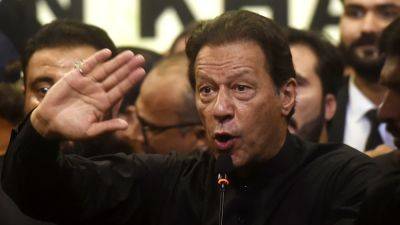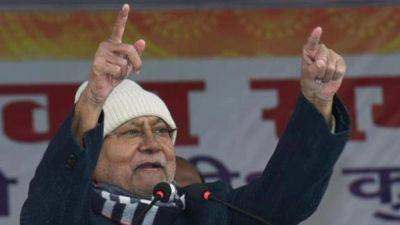U.S. Expands Attacks on Houthis With New Strikes in Yemen
The United States and Britain carried out large-scale military strikes on Monday against eight sites in Yemen controlled by Houthi militants, according to the two countries. The strikes signaled that the Biden administration intends to wage a sustained and, at least for now, open-ended campaign against the Iran-backed group that has disrupted traffic in vital international sea lanes.
The strikes — the eighth in nearly two weeks — were bigger and broader than a recent series of more limited attacks against individual Houthi missiles that the Americans said popped up on short notice. Those missiles were hit before they could be fired at ships in the Red Sea or the Gulf of Aden.
But the planned nighttime strikes on Monday, which hit radars, as well as drone and missile sites and an underground bunker, were smaller than the first retaliatory salvos on Jan. 11. Those hit more than 60 targets in nearly 30 sites across Yemen in an expansion of the conflict in the Middle East that the Biden administration had sought to avoid.
This middle ground reflects the administration’s attempt to chip away at the Houthis’ ability to menace merchant ships and military vessels but not hit so hard as to kill large numbers of Houthi fighters and commanders, and potentially unleash even more mayhem into a region already teetering on the edge of a wider war.







